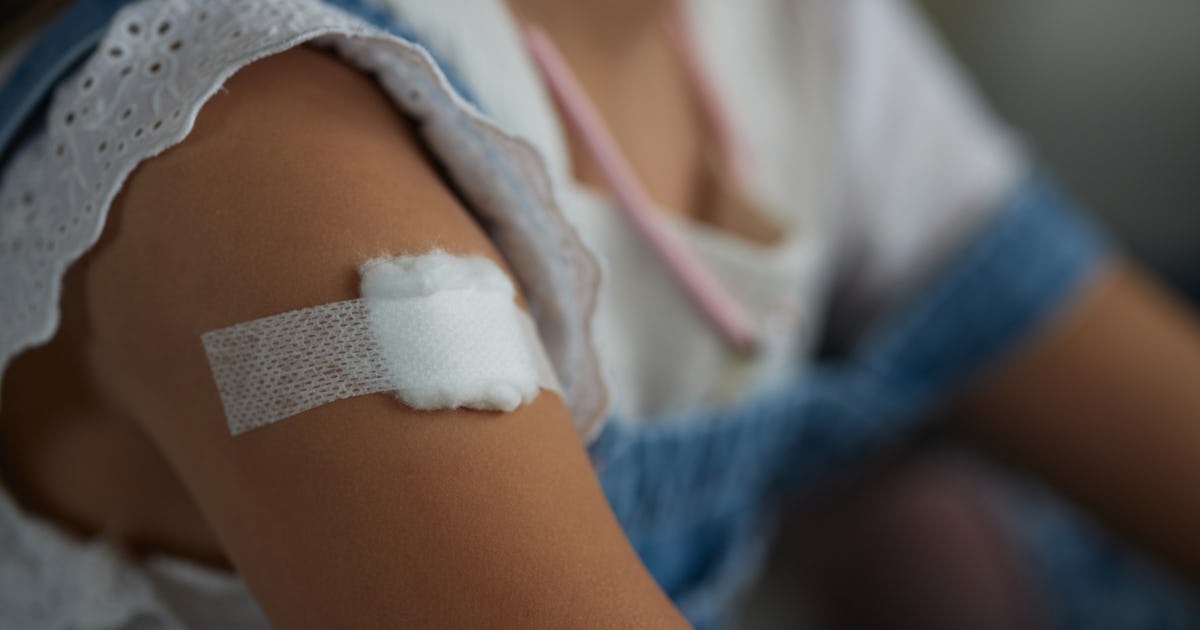
In 1974, the World Well being Group launched the Expanded Programme on Immunization or EPI. Now referred to as the Important Programme on Immunization, the EPI is an initiative to supply equitable entry to vaccines for children around the globe, no matter their geographic location or socioeconomic standing. Since its inception, roughly approximately 4 billion children have obtained vaccines, stopping greater than 154 million deaths worldwide, practically 95% of which have been in kids youthful than 5. However whereas the positive aspects over the previous 50 years have been extraordinary, a extra granular have a look at the information raises some concerns about the progress of this system lately and transferring ahead.
A new study, revealed earlier this week in The Lancet, checked out international, regional, and nationwide tendencies in routine childhood vaccination protection from 1980 to 2023 with forecasts to 2030. Whereas the EPI has doubled vaccination charges for tuberculosis; measles; diphtheria, tetanus, and pertussis (DTP); and polio in that interval, protection positive aspects slowed between 2010 and 2019 for at the very least one of many aforementioned vaccine doses. This consists of 21 of 36 high-income international locations and territories and controls for the truth that the vaccine for tuberculosis has been faraway from routine immunization schedules in some international locations.
There was additional slowing and even regression of vaccine uptake in the course of the peak of the Covid-19 pandemic. “International protection for all authentic EPI vaccines declined following the onset of the COVID-19 pandemic,” the report observes. “Substantial COVID-19 pandemic-related disruptions to international … started in 2020, typically elevated in 2021 and 2022, then improved however didn’t totally resolve by 2023.”
Measles protection declined between 2010 and 2019 for 100 of 204 international locations and territories, with probably the most pronounced lower present in Latin America and the Caribbean. Charges for DTP (two doses) and polio declined for 100, 98, and 107 international locations and territories, respectively, inside the similar interval. Once more, this was most pronounced within the Caribbean and Latin America. Of 158 international locations and territories that embrace immunizing in opposition to tuberculosis of their vaccination schedule, protection declined in 88 of them.
Researchers attribute these declines to a variety of components. Growing disparities in poor or conflict-destabalized areas have made efforts considerably harder. Elevated charges of migration and displacement additionally reached fever pitch within the 2010s, with thousands and thousands fleeing Ukraine, Venezuela, Syria, Yemen, South Sudan, and Libya. And increasingly, vaccine hesitancy has develop into a difficulty for the EPI. In 2019, the WHO declared vaccine hesitancy as one of many prime ten threats to global health, and it’s solely develop into tougher because the pandemic.
“The COVID-19 pandemic, which in lots of areas bred declining belief in public well being establishments and polari[z]ed opinions concerning the necessity and security of vaccination in opposition to COVID-19, has had various results on public perceptions relating to the significance of routine childhood vaccination and willingness to vaccinate,” the research says. International evaluation in 2023 discovered that this hesitancy ranges significantly relying on area, from 13.3% within the Americas to 27.9% within the Jap Mediterranean. In some African nations, charges had been even increased.
Regardless of elevated vaccine hesitancy in America, the overwhelming majority of youngsters are vaccinated — 93% overall. Besides, skepticism about vaccine efficacy and security are rising and kindergarten vaccine exemption charges in 2023–24 had been the highest ever reported.
As such, researchers imagine the WHO’s vaccination objectives for 2030, aimed toward decreasing mortality and morbidity from vaccine-preventable ailments internationally, is unlikely to be realized underneath present situations. “These current and future challenges needs to be met with agency confidence within the energy and promise of vaccination, rooted within the successes of the previous 50 years of EPI,” they conclude. “It will be significant that the worldwide well being group embrace our shared accountability and whole-heartedly reaffirm our collective dedication to routine childhood vaccination to ship on the promise of EPI to supply all individuals, all over the place the chance to dwell full and wholesome lives.”
Trending Merchandise











